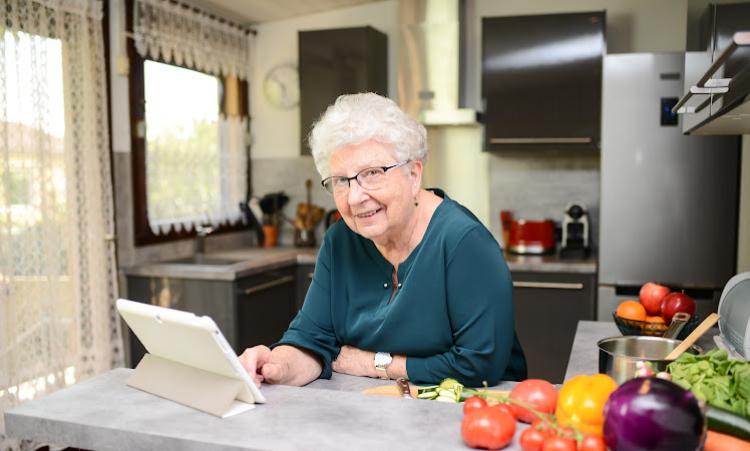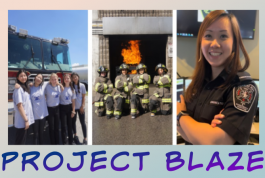Getting ready to retire? Where will you live?
Some thoughts from Brian Porter, Director and Owner of Living Assistance Services.
There are different types of housing with services available for you, including townhomes, condo living, retirement residences that transition into assisted living, nursing homes and long-term care, for example.
For the purposes of defining the retirement options available to seniors, it’s possible to categorize the housing options into stages of possible progression- 1 to 5.
Stage 1--Condominium Living
A potential step toward a retirement lifestyle is the transition from a family home to a condominium lifestyle. The motivation is usually the same. The traditional family home is no longer needed and there is a desire for a more maintenance free lifestyle and more leisure time.
Stage 2--55+ Active Adult Lifestyles Communities
Often called Gated Communities, these are growing in popularity. Gated communities usually appeal to active seniors or empty nesters who want to get away from the responsibility of snow removal, grass cutting and maintenance so that they can travel, spend winters in a southern climate or just enjoy sports, friends and other activities.
Stage 3 - Retirement Residences
Retirement residences appeal to more independent seniors that may be finding house or condo management difficult, may have limited health issues or just may be lonely. These residences usually have dining and recreation facilities all geared to their senior residents.
Stage 4--Assisted Living
Other retirement residences offer assistance with more basic needs such as bathing, dressing, grooming and medications to more extensive services depending on the facility. Often assistance is dedicated to certain floors with their own dining and activity areas at additional costs.
Stage 5--Nursing Homes or Long-Term Care Homes
Moving to a long-term care home, public and private, is almost exclusively based on needs for significant health care services, with high levels of personal care and support. The services, accommodation and costs do vary for private, long-term care homes.
It’s important to note that, for all these senior housing and service options, engaging a Personal Support Worker before, or during each stage, may well influence when a senior may opt for any one of them as a senior’s dependence on a type of housing may well be lessened with the care and support of a Personal Support Worker. A Personal Support Worker’s care and support can also mean that a senior is able to stay longer in the comfort, familiarity and safety of his/her own home!
For advice about seniors and care at home, please kindly contact Brian Porter, Director and Owner of Living Assistance Services (LAS), at 416.483.0070 (office), 905.758.2486 (cell) or [email protected] and visit:









